
The Equity, Diversity and Inclusion (EDI) Service Course Load Reduction Program is an annual fund in the amount of $100,000 for the purpose of providing a course load reduction to support service relating to EDI initiatives by faculty members who self-identify as Indigenous and/or members of racialized groups.
Course load reductions through this fund will provide recipients with additional time within normal workload to advance or implement aspects of York University's Decolonizing, Equity, Diversity and Inclusion Strategy (DEDI) Strategy, the Indigenous Framework and the Addressing Anti-Black Racism: A Framework on Black Inclusion as well as other EDI initiatives that are specific to Faculties, Schools and/or departments.
The recipients' proposed activities are expected to further develop critical EDI-focused work and to have broader impacts across the University.
The recipients and their service initiatives are:
Rachel da Silveira Gorman
School of Health Policy & Management: Health
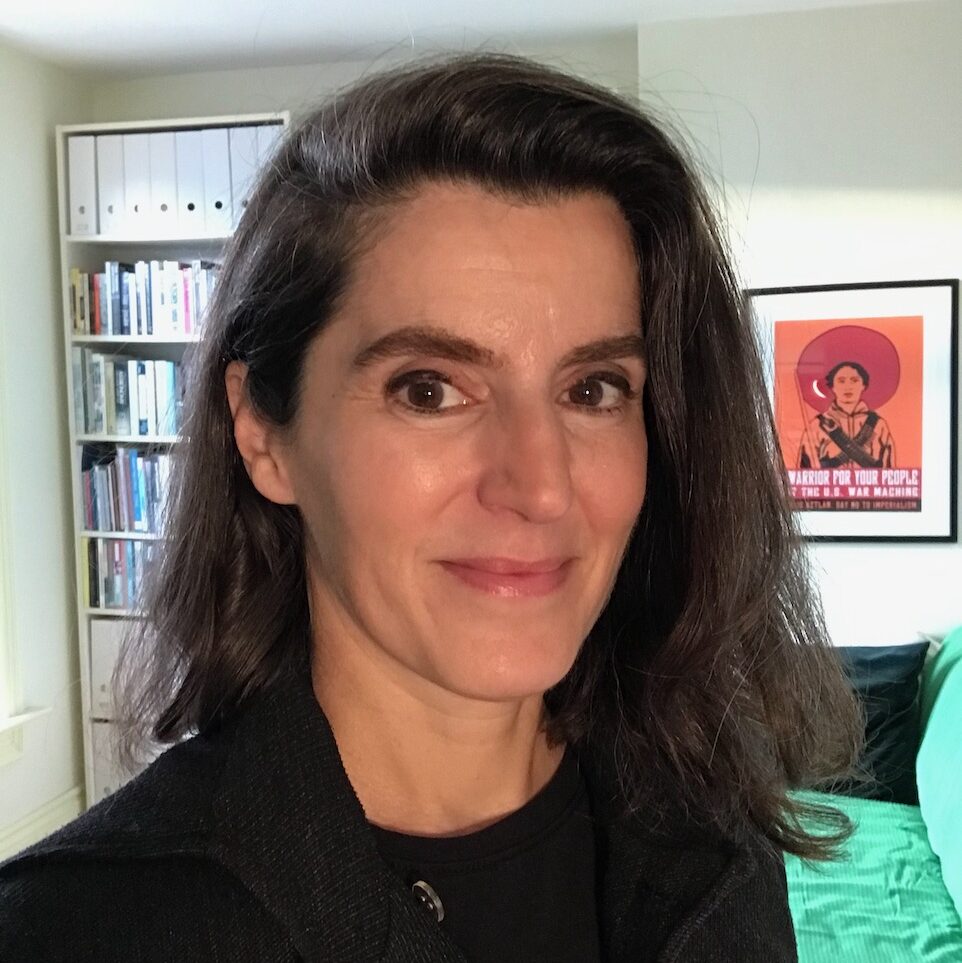
Gorman is the lead faculty and creator of a newly proposed undergraduate program in Racialized Health and Disability Justice (RHDJ) and the founder of the Black, Transnational, and Indigenous Narratives of Disability (BTIND) Working Group. With their course load reduction, they will develop several critical EDI-focused aspects of the RHDJ program, including anti-oppressive pedagogies in assessment and delivery and land-based summer intensive courses, as well as provide weekly support meetings for the BTIND.
Monique Herbert
Department of Psychology: Health
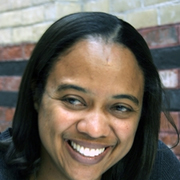
Herbert will be offering oversight and guidance on the academic-related components of two experiential education initiatives for undergraduate BIPOC students in the Faculty of Health starting in July. The Work Integrated Learning for Black Students in Health will connect students with field placements in their area of interest and the York-MAP Health Equity Research Scholar Initiative for BIPOC students in psychology is expected to run for three years and provide health-related experiences where research, policy and decisions affect their communities.
Yuka Nakamura
School of Kinesiology: Health
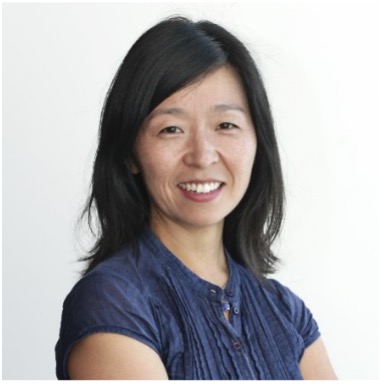
Through an decolonization, equity, diversity and inclusion (DEDI) lens, Nakamura will be conducting a review of the School of Kinesiology’s tenure and promotion documents, policies, and procedures, as well as affirmative action plans. In consultation with relevant committees in the School, she will draft revised tenure and promotion documents and an affirmative action plan that will align with the Faculty of Health’s Final Report from the Working Group on Individual and Systemic Racism.
Rose Ndengue
Department of History: Glendon
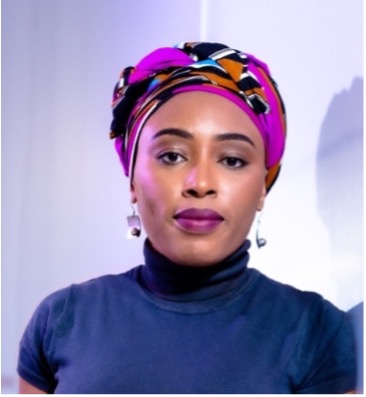
With her course load reduction, Ndengue will be undertaking to enhance the bilingual program in African studies, Black Feminisms and Decolonial studies at Glendon College, a program which she founded by organizing a series of public lectures throughout the year featuring experts on anti-racist, decolonial and feminist issues. As an active member of Glendon’s race-equity caucus, Ndengue will also strengthen the work being done to bring institutional change, notably by enhancing the visibility and expertise of Black, Indigenous and racialized individuals on EDI issues.
Molade Osibodu
Education
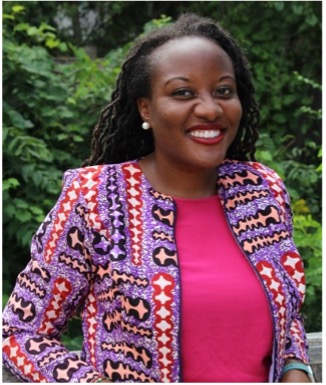
Osibodu will be using her course load reduction to revive the Baobab Diasporic Collective (BDC), a service activity that she piloted in the 2022-23 year. Recognizing the absence of opportunities to explore Black studies in the Faculty of Education with graduate scholars, the BDC centres Black scholarship and Black thought through the form of a reading group. In collaboration with the BDC participants, Osibodu will develop a course proposal that centers Black studies in education.
Tameka Samuels-Jones
School of Administrative Studies: Liberal Arts & Professional Studies
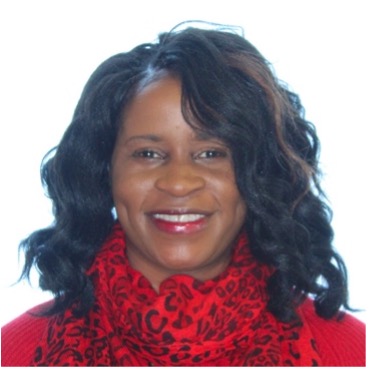
As associate director of the Centre for Research on Latin America and the Caribbean (CERLAC), Samuels-Jones will be promoting the mandate of an Equity Working Group, which aims to increase the membership of Black and Indigenous members of CERLAC with a view to increasing diversity within the centre. As head of the Equity Working Group, she will continue her work implementing the policy recommendations from the CERLAC Equity Action Plan.
Sapna Sharma
Department of Biology: Science

Sharma will build on the work she presented at the United Nations Water Conference in March 2023. Her transdisciplinary project aims to understand which Canadian communities are most vulnerable to inequitable access to clean drinking water, identifying strategies and policies to mitigate and protect those communities. With the course load reduction, she will continue to showcase the university’s commitment to the United Nations Sustainable Development Goals (SDGs) and EDI on a global stage.
Wendy Wong
Department of Design: Arts, Media, Performance & Design
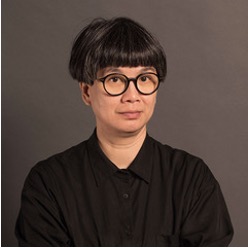
Wong’s initiative focuses on decolonizing and supplementing the School of the Arts, Media, Performance and Design’s Euro-American centric curriculum through the theme of Transnational Asian Art (TAA). Wong aims to incorporate Asian-centric materials into existing courses, including through a guest lecture series in undergraduate courses, or proposing new courses with specific Asian content. She also hopes to organize an exhibition and symposium to discuss decolonizing strategies through TAA themes.
